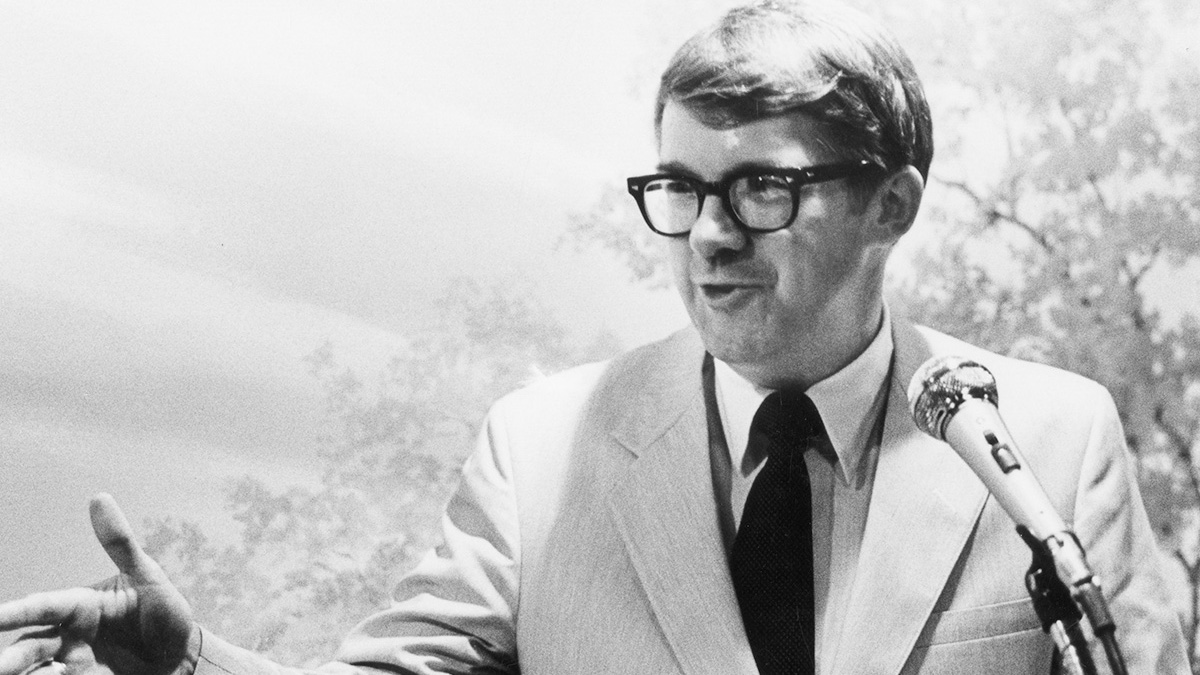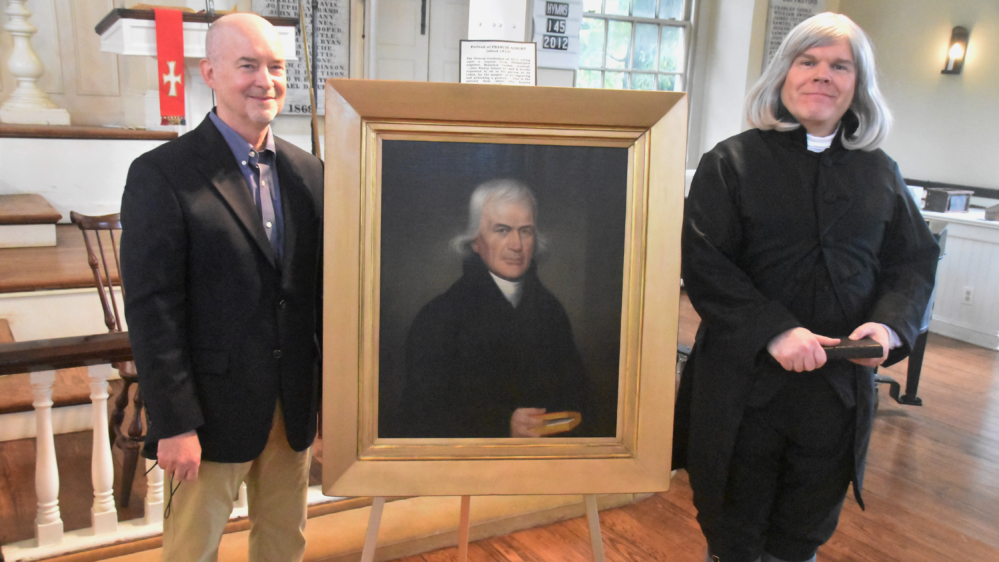EPA&GNJ Strategic Direction
Recruit and Develop Transformational Leaders
Purpose/Mission of EPA/GNJ Elected Leadership and Staff
Recruit and develop transformational leaders to make disciples of Jesus Christ and grow vital mission congregations for the transformation of the world.
(Based on the mission of The United Methodist Church) The elected leadership and staff of EPA/GNJ serve the congregations by developing transformational leadership.
Christ gave to the church leaders and their responsibility is to equip God’s people
for the work and ministry of building up the church, the body of Christ. Ephesians 4:11-12
Purpose/Mission of A United Methodist Congregation
Make new and deepen the faith of all disciples to be loyal to Christ through their prayers, presence and participation in the church, and to engage in ministries of witness, mercy and justice in the world. (Based on the membership vows of The United Methodist Church)
A congregation builds up the body of Christ to serve in the world.
Goals
1. Create a culture of call to pastoral ministry.
Outcome – 40 new potential full-time appointees by 2026.
2. 1,500 leaders per year participate in the Leadership Academy.
Outcome – 60% of our congregations will meet the vitality markers by 2026.
3. Train 150 facilitators to assist congregations to end the sin of racism.
Outcome - 250 congregations engaging to end the sin of racism (Journey of Hope ) by 2026.
4. Equip 100 leaders to lead their congregations into the community.
Outcome – 35 Hope Centers by 2026.
5. Equip 300 leaders to lead their congregations to financial health.
Outcome – financially healthier congregations and connectional shared ministry giving to 91% and billings to 95% by 2026 .
Strategies to meet our goals.
Comprehensive Leadership Development that deepens faith, increases understanding, equips for the practice of ministry and nurtures healthy leaders.
- Pathways - planning that assists a congregation to develop a plan in one or more of the following – vitality, sustainability, ending the sin of racism, community engagement.
- Engage – a staff person assigned to every lead pastor and every congregation for planning, coaching, consultation and cohort groups
- Leadership Academy - develop the core competencies and skills of congregational leaders and clergy for leading congregations and ministries to make disciples and grow vital mission congregations for the transformation of the world.
Developing young leaders
- Grow the faith and number of youth in our congregations through camping, retreats, IGNITE and youth leader training.
- Provide opportunities for young leaders to develop their gifts.
Regional approach that creates superintending teams to relate, support and coach clergy and congregational leaders to health and vitality and reach our goals.
Grow congregational giving through stewardship campaigns and communication.
Affiliate ministries and administration that will help EPA&GNJ to recruit and develop more transformational leaders.
Values that guide our leadership and ministry
- Christ-Centered: the unbreakable and unifying source of our faith and hope.
- Compassionate and Just Servanthood: a shared expression of our Wesleyan heritage.
- Diversity, Equity and Inclusion: a true reflection of the all-welcoming reign of God.
- Innovative and Risk-Taking: a bridge to what is next.
- Excellence: a gospel imperative for greater impact in the world.
- Collaborative: Wesleyan connectionalism that recognizes we are stronger together.
Cultural Shifts that create a healthier EPA&GNJ
- FROM a church that focuses inward on its members and clergy
TO a relevant mission that connects with the people in the community, particularly younger and more diverse generations of new disciples of Jesus Christ. - FROM maintaining congregations and their buildings
TO working with congregations to strategically utilize buildings for regenerative mission. - FROM depending exclusively on Shared Ministries (apportionments) for mission and ministry
TO cultivating new sources of income to grow mission and ministry.
Values that guide our leadership and ministry
- Christ-Centered: the unbreakable and unifying source of our faith and hope.
- Compassionate and Just Servanthood: a shared expression of our Wesleyan heritage.
- Diversity, Equity and Inclusion: a true reflection of the all-welcoming reign of God.
- Innovative and Risk-Taking: a bridge to what is next.
- Excellence: a gospel imperative for greater impact in the world.
- Collaborative: Wesleyan connectionalism that recognizes we are stronger together.
Defining Who and What of The Mission
- Transformational leader: Whole, resilient disciple leading from our values to greater outcomes.
- Disciple: Committed follower of Jesus living in personal and social holiness
- Vital Mission Congregation: Builds up the body of Christ to serve the world.
- Transformed World: Just, inclusive communities reflecting the reign of God on earth.
[1] A potential appointee is an individual who has responded to a call to be a clergy person in the church as a local pastor, provisional member or full member and is in process with a district committee on ministry or the board of ordained ministry.
[2] Presently 25% of EPA congregations have met the markers for vitality and 50% of GNJ congregations. Vital congregations cultivate a deeper relationship with God and meet people’s deepest need through five vitality ministries.
- Worship cultivates a deeper relationship with God and births hope for living. Marker – grow by one worshiper over a 3-year period.
- Small groups cultivate growth and deeper relationships with God and one another. Marker – 50% of worshipers in a small group experience.
- Mission through hands on justice and mercy ministries cultivates purpose. Marker – 60% of the worshipers participate in hands on mission in the community.
- Witness and faith sharing demonstrate our meaning and significance through Jesus Christ. Marker – 1 new profession/reaffirmation of faith for every 20 worshipers in a given year.
- Giving generously, extends our purpose, significance and making a difference for God. Marker – 18% of a congregation’s budget is giving to mission.
[3] Journey of Hope is a plan and process to assist the EPA&GNJ and congregations to ACT (Aspire, Comprehend, Transform) to end the sin of racism. Presently 100 facilitators are trained in EPA&GNJ. Congregations are just beginning to develop plans.
[4] A Hope Center is a robust community outreach ministry in partnership with community organizations and the people of the community to develop the community and meet human need. Presently EPA&GNJ have 27 Hope Centers. Hope Center models include the following,
- Camp Y.D.P., a licensed childcare, after-school enrichment program, and summer day camp, serves low-income families.
- The Crisis Room provides food, clothing, emotional support, and rent and utility assistance to marginalized families.
- Pathways to Prosperity works to eliminate generational poverty through job training and financial education.
[5] Generous giving sustains the mission of congregations, EPA&GNJ and the global mission of The United Methodist Church. Presently EPA is giving at 83% shared ministry apportionments and 92% billings, and GNJ at 90% and 94% respectively.
About Us
Eastern PA Conference Office
Physical Address
980 Madison Avenue
Norristown, PA 19403
Ph: 800-828-9093
Fax: 610-666-9093
Mailing Address
P.O. Box 820
Valley Forge, PA
19482-0820
communications@epaumc.org
Latest News & Information
Methodist history to come to Historic St. George’s UMC twice in March

Charles Yrigoyen remembered as pastor and scholar

